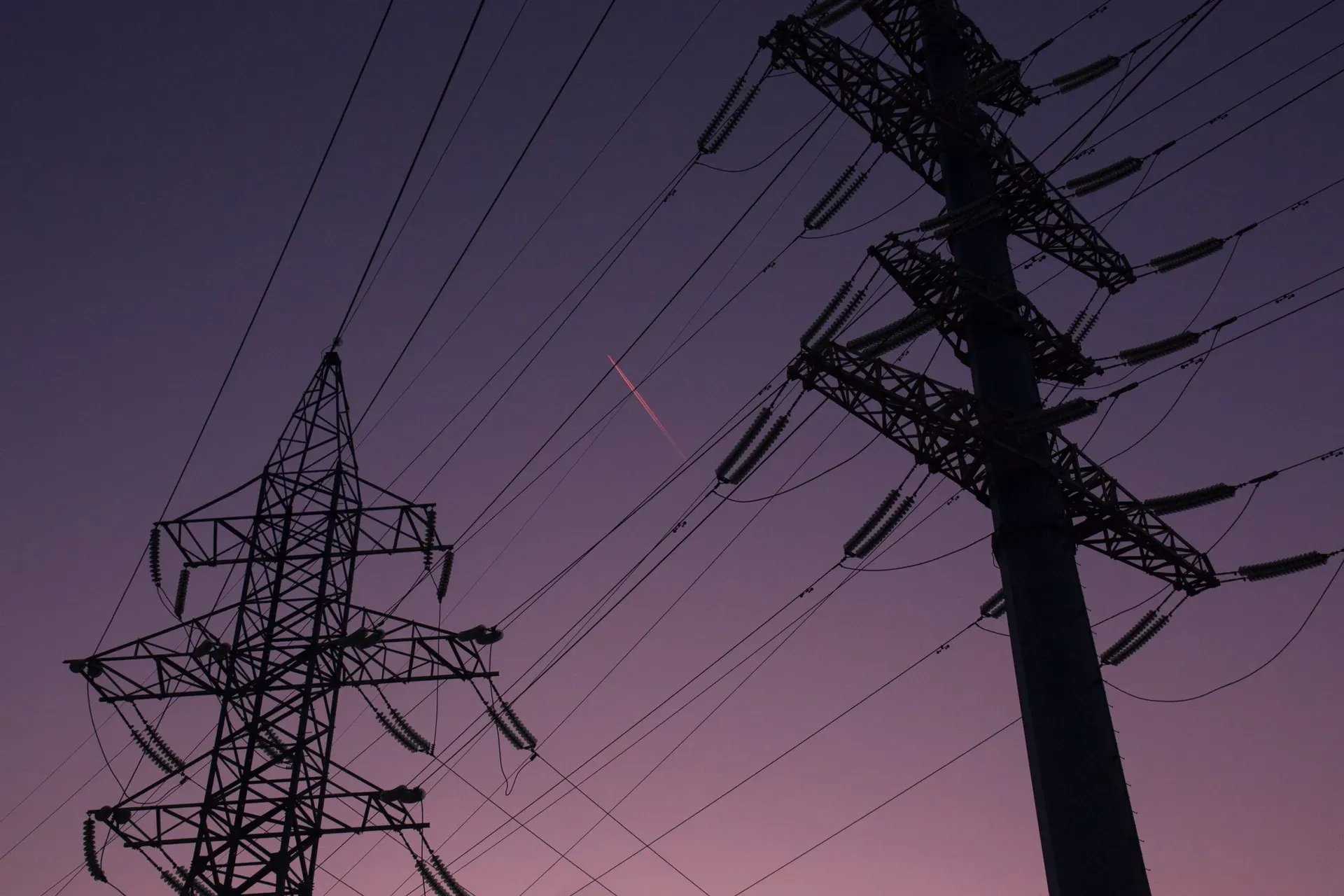The past two years have seen rocketing energy prices, as households and businesses grapple with bills far beyond pre-crisis levels. There is no way to turn back the clock, however, we can look to seize the many opportunities to reshape and future-proof the UK energy system, ensuring a brighter future for consumers.
Our new report, in collaboration with the MCS Charitable Foundation, introduces the future of energy policy. Wondering how we can build a resilient energy system that’s both cost-effective and secure? Our report lays everything out.
Discover:
- Why market reform is the key to stabilising high energy costs
- The advantages consumers can gain from an efficient energy system
- How the Review of the Electricity Market Arrangements (REMA) could be a game-changer for investments, cost control, and delivering change in our complex energy landscape
- The array of reform options on the table
- How to turn these ideas into a reality
In an ever-evolving energy world – let us help you understand the options.








